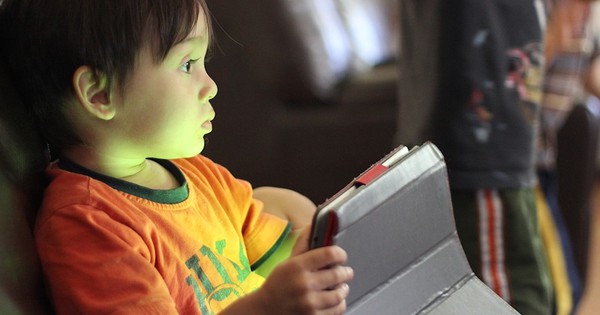
Children who have more screen time have lower structural integrity of white matter tracts in parts of the brain that support language and other emergent literacy skills.

Studies have found that microplastics are in the human food chain. Recently Plastic by-products have been discovered in blood and urine samples of young children. They were found in 97% to 100% of the test cases.

The researchers found that more mindfulness correlates with better academic performance, fewer suspensions from school, and less stress. The researchers also showed, for the first time, that mindfulness can alter fear and other negative emotions.

Adolescents in China who either spend more time on screen activities and less time on non-screen activities, including physical activity, are at risk and significantly more likely to experience depression, according to a new study.

About 4 million children worldwide develop asthma each year because of inhaling nitrogen dioxide air pollution, according to a study published today by U.S. researchers.

A sobering new U.S. study found that a substantial number of children between the ages of 10 to 12 (about 30%) who visited hospital's emergency department screened positive for suicide risk.

After testing 45 popular fruit juices in U.S., the research found elevated levels of cadmium, lead, mercury, and inorganic arsenic (the type most harmful to health) in almost half of them.

In an open-access study of over 2,400 children, researchers found that the more time young children spend glued to screens, the worse their score on tests of cognitive and emotional development.

Children in a closer connection with nature have less distress, less hyperactivity, fewer behavioural and emotional difficulties, and improved pro-social behaviour, a new study found.

Spending time outside teaches kids to cope with challenging situations, both emotional and physical. It allows for scenarios in which a certain degree of character-building hardship is experienced without being cruel or unfair to the child.

Global rates of cesarean section use almost doubled between 2000 and 2015, a study has found. However overuse of the surgery can lead to considerable short and long-term effects and health-care costs.

Violent video game play by adolescents is associated with increases in physical aggression over time, according to a new meta-analysis.

From India to Taiwan to Canada to the UK, groups of parents are fighting back against their municipalities' obsession with 'safety at all costs' and insisting that kids have the right to interesting play spaces.

For some children with autism, interacting with others can be an uncomfortable experience. QTrobot can increase these children’s willingness to interact with humans, and decrease discomfort during therapy sessions.

David Nabarro and Lawrence Haddad, who were awarded this year's World Food Prize, are credited with cutting the number of stunted children in the world by 10 million by lobbying governments to improve nutrition.